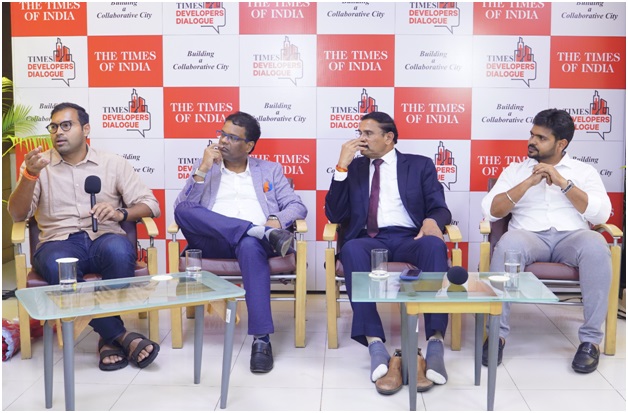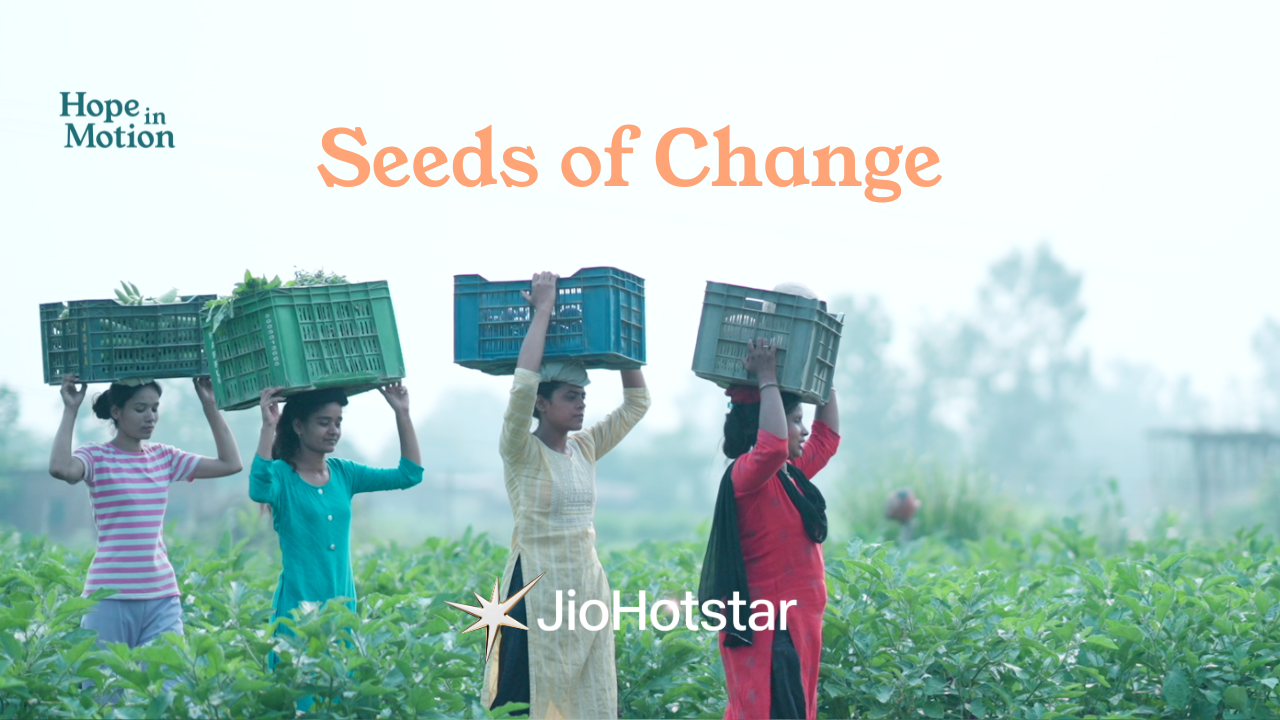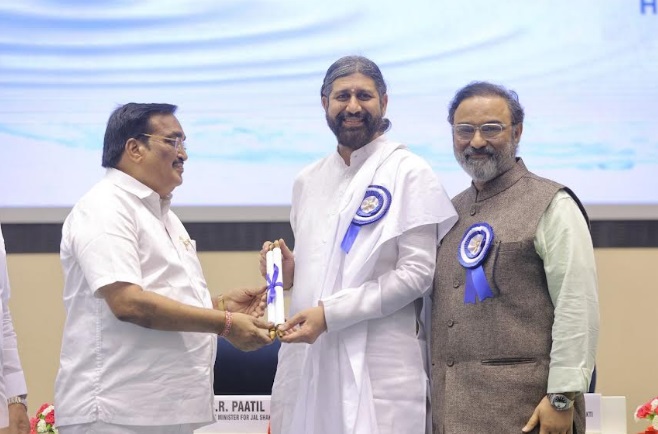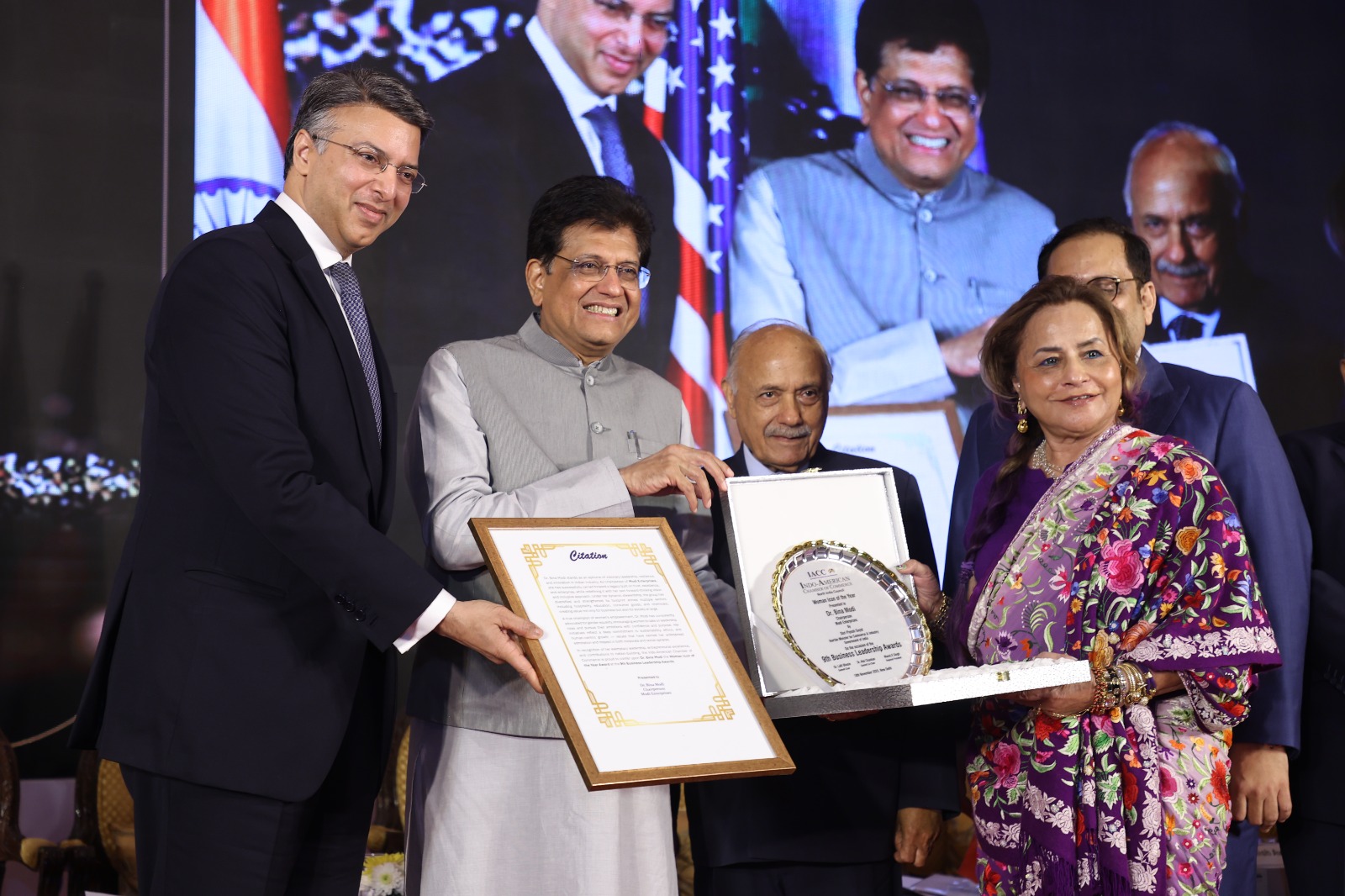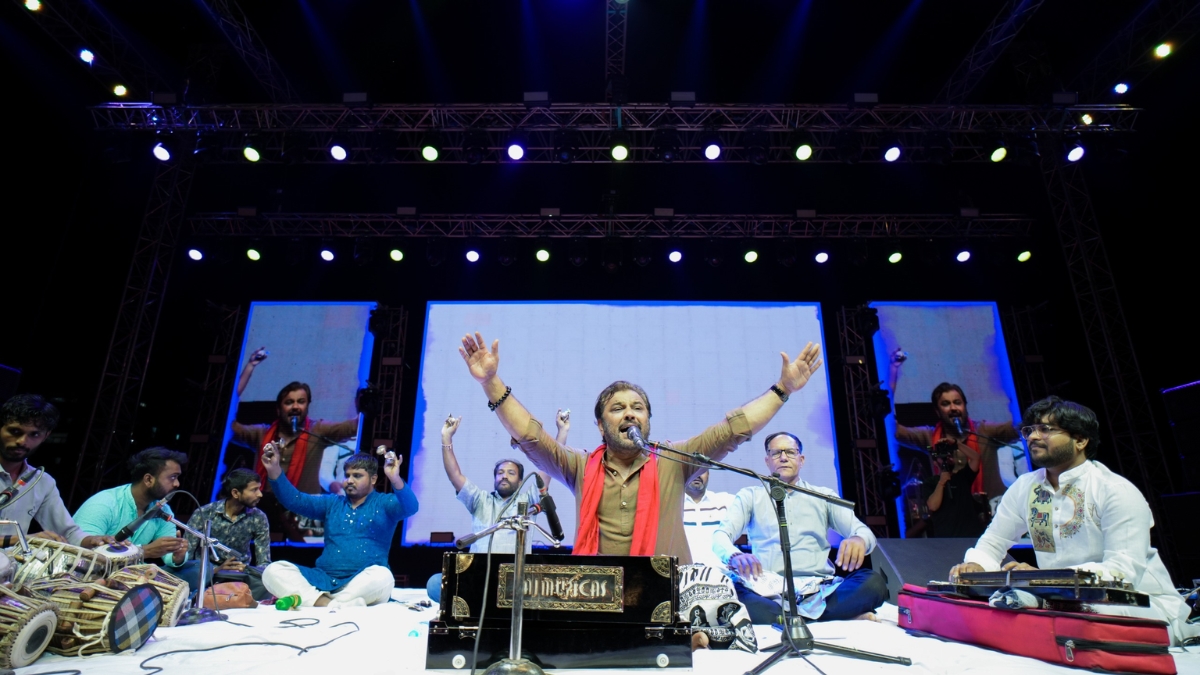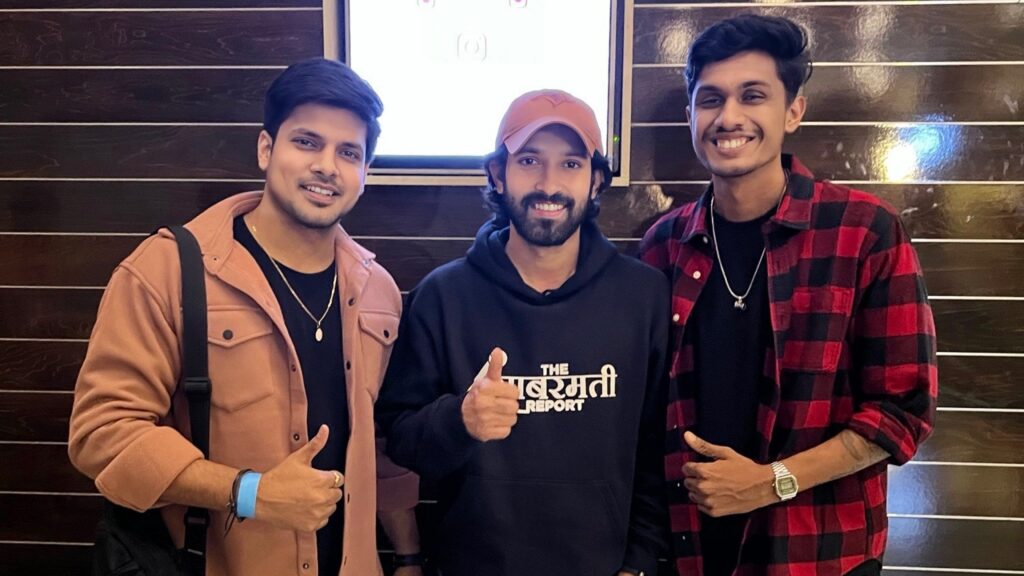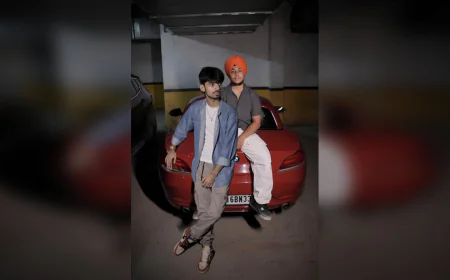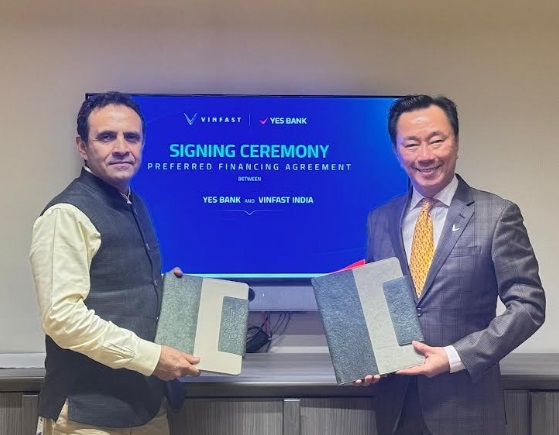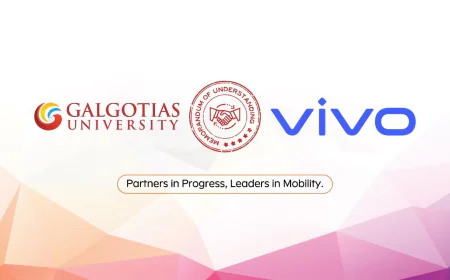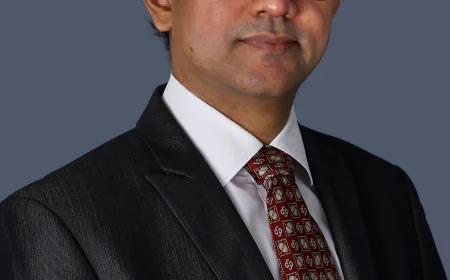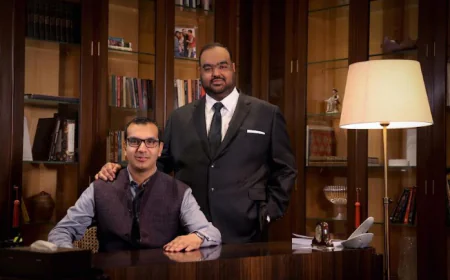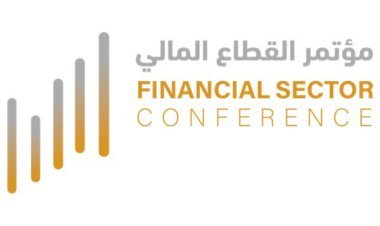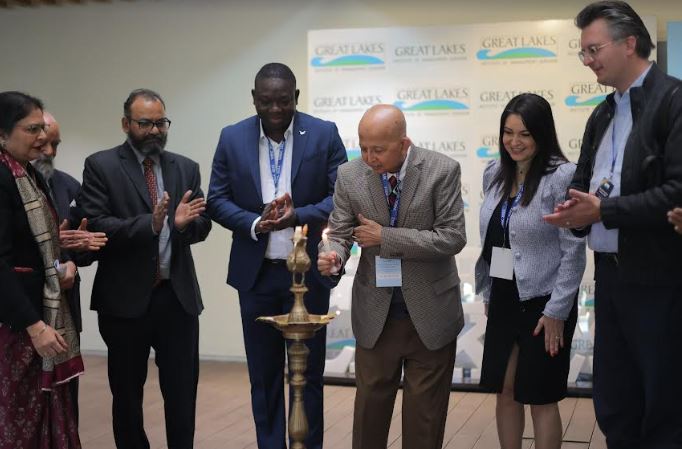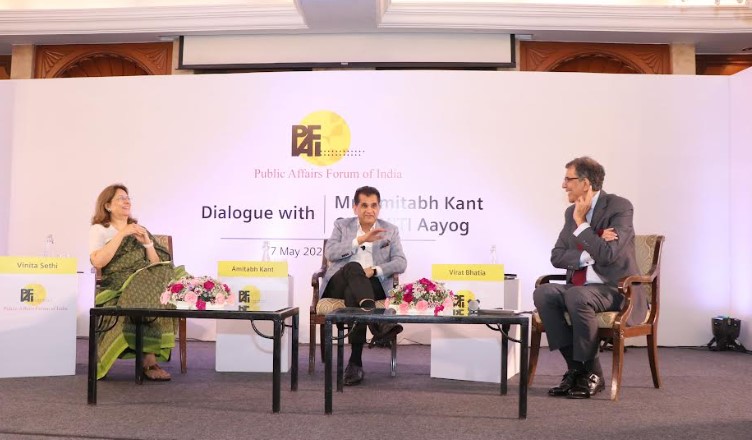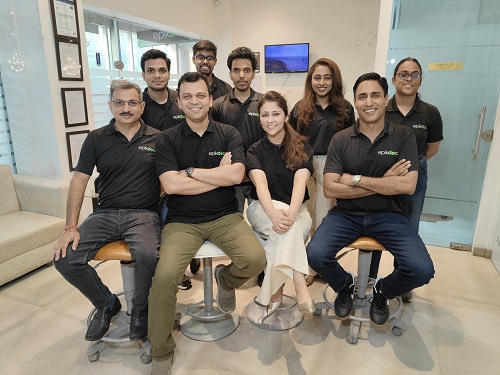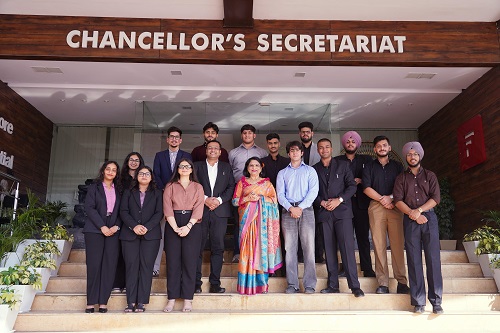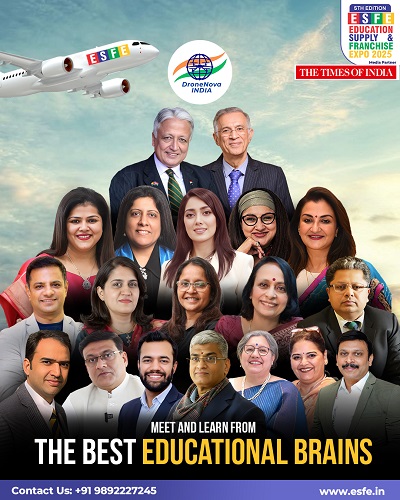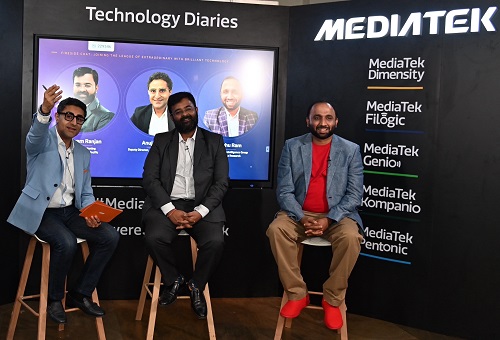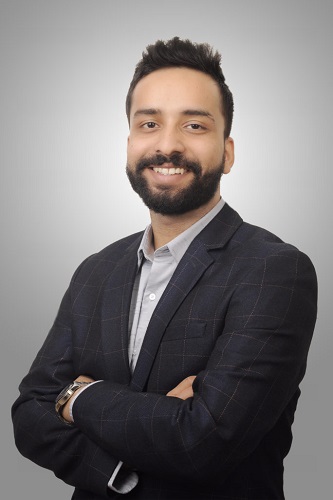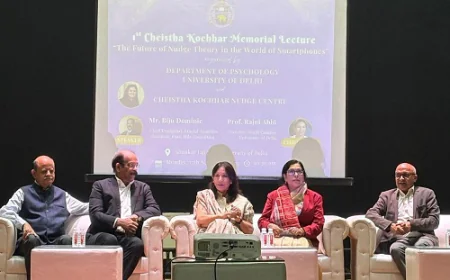Mayo Alumni Summit 2025: A Strategic Start to 150 Years of Legacy

New Delhi : The Mayo Alumni Summit 2025 marked a strong beginning to Mayo College's 150th-year celebrations. Held at the Hyatt Regency in New Delhi, the event brought together over 300 alumni and was organized by the Mayo Alumni Association Delhi (MAAD). More than a reunion, the summit served as a platform for dialogue on the institution’s future, addressing key themes such as real estate, artificial intelligence, and mental wellbeing.
Want to get your story featured as above? click here!
Want to get your story featured as above? click here!
The event served as a prelude to the main 150th-anniversary celebrations scheduled in Ajmer from November 27–30, 2025, where generations of Mayo alumni will return to campus to commemorate the school’s heritage and continued influence.
A Look Back, A Step Forward
The summit began with opening remarks on the significance of the milestone and the role alumni continue to play in shaping Mayo College’s direction.
Mr. Harmeet Singh, President of MAAD, described the 150-year anniversary as an opportunity to reconnect and align across generations. Ms. Pooja Kothari, President of the MCGS Alumni Association, referred to the “silent badge of honor” associated with being a Mayoite, adding that this legacy brings a responsibility to uphold its values going forward.
Principal Mr. Saurav Sinha reinforced the idea that alumni play a vital role in the College’s growth. “When I speak to students, I remind them that every privilege they enjoy is a result of the path carved by their seniors,” he said.
Mr. Pankaj Karna, Treasurer of MAAD and Managing Director of Maple Capital Advisors, introduced the evening’s themes—highlighting real estate as a topic of growing interest, AI as both a challenge and opportunity, and mental wellbeing as an area requiring greater attention.
Real Estate Panel: Market Momentum and Diversification
The first panel brought together real estate leaders to explore investment trends and sector shifts. The discussion featured Abhishek Bansal (Pacific Group), Ankur Gupta (Aashiana Housing), Ashwin Chaddha (Sotheby’s International Realty India), and Samir Jasuja (PropEquity), and was moderated by journalist Manisha Natarajan.
Jasuja noted that “the real estate index has outperformed the Nifty by three times in the last four years, delivering a 450% return for listed property stocks,” while cautioning that this growth was largely supply-driven—highlighting the drop in Gurgaon's inventory from 60 to 9 months and a doubling of rental rates.
Chaddha pointed to sustained demand for “trophy assets in Lutyens’ Delhi and South Bombay,” and cited Dubai’s $2.6 billion in $10 million-plus transactions in Q2 2025 as a benchmark.
Gupta emphasized senior living as a growing niche, observing that “senior living communities now offer rental yields that outpace traditional residential and commercial assets,” supported by full occupancy and limited supply.
Bansal discussed the resilience of retail real estate, stating that “well-managed retail properties deliver consistent year-on-year returns,” and underlined the increasing relevance of structured investment products like REITs and AIFs that offer “a transparent, regulated pathway to real estate returns.” The panel highlighted how the sector has significantly outperformed broader markets post-COVID, the supply constraints and declining inventory’s role in driving price escalation in key urban markets, senior living and trophy assets as differentiated, high-yield investments and Institutionalized vehicles like REITs and AIFs are enabling more accessible real estate participation. The discussion also identified the National Capital Region (NCR) and other Tier-1 markets as hotspots for the next 5–10 years.
Artificial Intelligence: India’s Roadmap for Scaled Innovation
In the session on AI, Prof. Ravi Bapna (University of Minnesota & Author) and Abhishek Singh (NIC, MeitY & IndiaAI, Government of India), in conversation with moderator Saurav Adhikari (Indus Tech Edge Fund), presented India’s AI roadmap.
Singh highlighted India’s strengths in open-source contributions—being the second-largest contributor on GitHub—and the prior constraints due to limited computing access. He noted that the India AI Mission now offers 40,000 subsidized GPUs at ₹65 per hour, significantly improving access. He also introduced AI Kosh, a platform offering standardized datasets, and referenced four indigenous foundation models being developed to ensure inclusive representation of India’s languages and contexts.
Singh outlined thirty priority use-cases, such as AI tools for tuberculosis diagnosis and voice-based agricultural support and noted that a national AI framework—shaped by over 400 public comments—will be released by mid-August 2025.
Bapna tempered fears of runaway “SuperAI,” explaining, “In my view, we are far away from that right now,” and urged a focus on near‑term “AI–human augmentation” in education, healthcare, manufacturing, and governance. Both speakers emphasized the need for ethical oversight and human-in-the-loop governance. The conversation underscored India’s investment into democratizing AI infrastructure through subsidized compute access, AI Kosh and foundational models aimed to localize AI to India’s diverse needs and languages, AI’s hand in helping sectors like healthcare and education and the distant reality of SuperAI.
Mental Wellbeing: Tools for Personal Resilience
In the final session, Dr. Rachana Patni, Founder of The Matrix of Emotions, led a guided visualization exercise to introduce the topic of mental wellbeing. Using a “Wheel of Life” self-assessment tool, participants reflected on personal and professional dimensions of wellness.
Dr. Patni discussed how external success can obscure internal imbalances and pointed out common behavioral patterns—from perfectionism to screen dependency—that affect mental health. She emphasized the need for self-awareness and accountability in maintaining long-term emotional and psychological resilience.
Honoring Alumni and Looking Ahead
Mayo Chronicles, the official Mayo Old Boys Society Magazine, was launched on July 19, 2025, at the Mayo Alumni Summit 2025 at Hyatt Regency, New Delhi. The launch ceremony was graced by Mr. Harmeet Singh, President MAAD, and Mr. Kirit S. Javali, Secretary MAAD & part of the Mayo Chronicles Editorial Team. Bhanu Pratap Singh, Member Mayo OBS executive committee also a member of the Editorial Team, virtually joined in to mark this significant occasion.
The Mayo Alumni Summit 2025 successfully set the stage for the upcoming 150th celebrations, reinforcing the institution’s legacy and its commitment to the future. As one speaker aptly summarized:
“Mayo doesn’t just build students—it builds legacies.”
Mayo College Alumni Association of Delhi (MAAD) is a registered association for the alumni of Mayo College both boys and girls focused on alumni initiatives and activities that have been around networking, sports, alumni welfare and giving back to school. Mayo College, Ajmer is a prestigious residential school in India, It was established in 1875 to educate and nurture the princes of the royal families of Rajasthan. After Independence it emerged as one of the premier residential public schools with many well-known alumni across, government, armed forces, business, education, entertainments and other areas. Mayo College Girls school was established in 1987, a residential school adjoining the boy’s school both schools have built a reputation of being among the best residential schools in the country.
Want to get your story featured as above? click here!
Want to get your story featured as above? click here!













